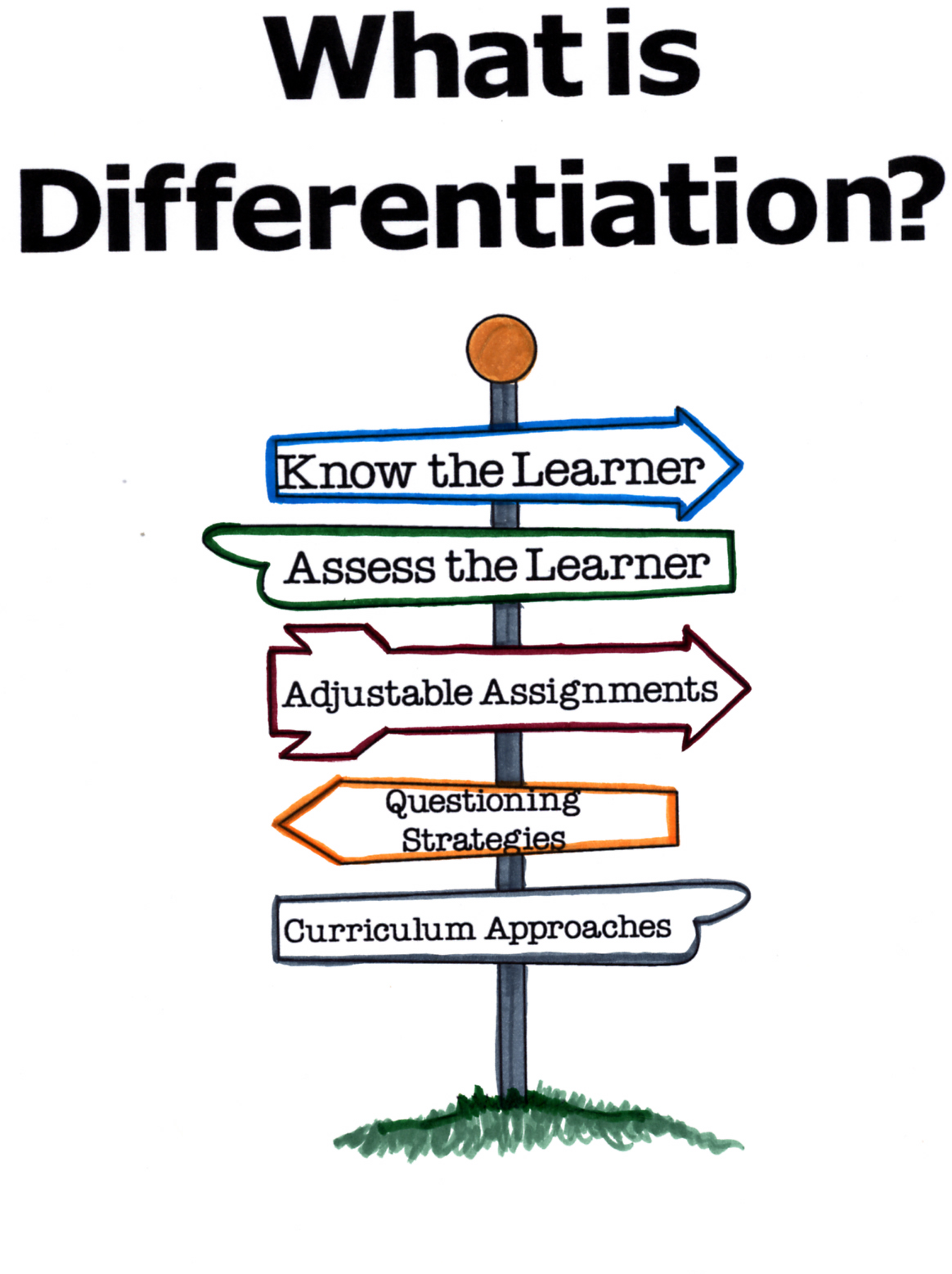| http://www.aps.edu/human-resources/student-teachers/student-teachers-1/M38fee6cc49f429b28453e4817490d3b8.PNG |
Engaging
in student teaching is definitely not for the faint of heart, it takes focus,
organization (of which I lacked at the beginning), patience, flexibility, and
determination. I was once told, “If you are able to student teach and please
everyone, then you will be an excellent teacher!” Now I understand what that
person meant.
| http://www.dailymail.co.uk/femail/article-3134683/Teachers-shocking-confessions -students-reveal-play-favorites-grades-hate-pupils-t-stand-jobs.html |
Going to
two different placements I was able to really put that quote to work. First
off, let me say I am so grateful for both teaching experiences! They have both
helped me grow as a teacher and an individual. In my first placement, my site
teacher was very laid back and easy going. He helped me hone my voice when it
came to behavior management and guided me through the lesson plan process bit
by bit. This was my first REAL experience with putting lesson plans to work so
I really appreciated this collaborative process. I was definitely part of the
team and attended data team meetings while also observing the faculty senate
process. I think this placement really helped me grow as an educator by
encouraging me to develop the procedural knowledge necessary to be a productive
member of a faculty team.
In my
second placement, my site teacher was very friendly but much more structured. I think this comes from the fact that there are 4 subjects that HAVE to be taught
in 4th grade in this county, where in 2nd grade the focus
is mostly on math and language arts. Regardless, in this placement I got down
to the nitty gritty of teaching. While the 4 teachers on my team share lesson
plans, so only one teacher has to do plans for one subject, I planned all 4
subjects for about 2 weeks. This was A LOT, I know that this much planning is
common place at many intermediate levels, but let me say I appreciated when I
was able to use the other member’s plans! When planning guided reading and
guided math I made up my own templates to use, which my site teacher asked me
to pass along to her for future use in her classroom, and these plans took up
to 4 hours of planning for just one week. This was just the guided portion too,
not the entire class period. Also, at this placement I participated in Guided
Math training and the Literacy model training for the county. I really
appreciated this opportunity, especially since I was attending with some of the
first year teachers who have gone through 4 months of teaching and are just now
receiving it. I feel like, at this placement, I learned a lot about myself as a
teacher, became better organized, and gained A LOT of tools and strategies for
the classroom!
| http://stafford.schoolfusion.us/modules/groups/homepagefiles/cms/120789 /Image/Student%20Teaching/teach%20inspire%20motivate.jpg |
I am so
grateful for both of these opportunities and I couldn’t have asked for better
site teachers/mentors. They, the students and the other teachers made me feel
like part of the team and embraced me as one of their own.
The
students have also left big imprints on my heart. I know that when I have my
own classroom I will be a HUGE mess at the end of the year, because after only
8 weeks with each group of children they have made such a large impact on me.
Watching them struggle, working with them through their difficulties, and
helping them achieve their goals set for each of the 9 weeks, is definitely
something we will always share. I really enjoyed watching their growth from
when I entered the classroom to the culmination of my experience. This has
shown me that I am exactly where I’m supposed to be and I look forward to the
next step in my teaching adventure.
| http://www.aps.edu/human-resources/student-teachers/student-teachers-1/StudentTeacher.png |





